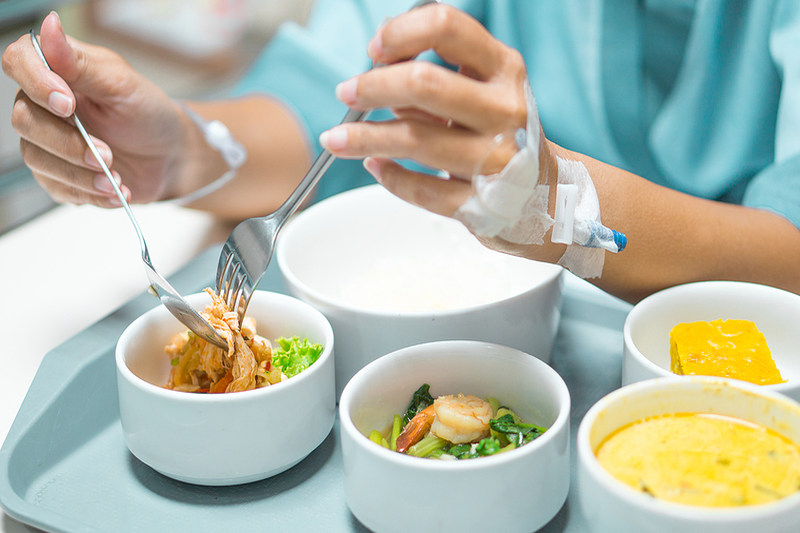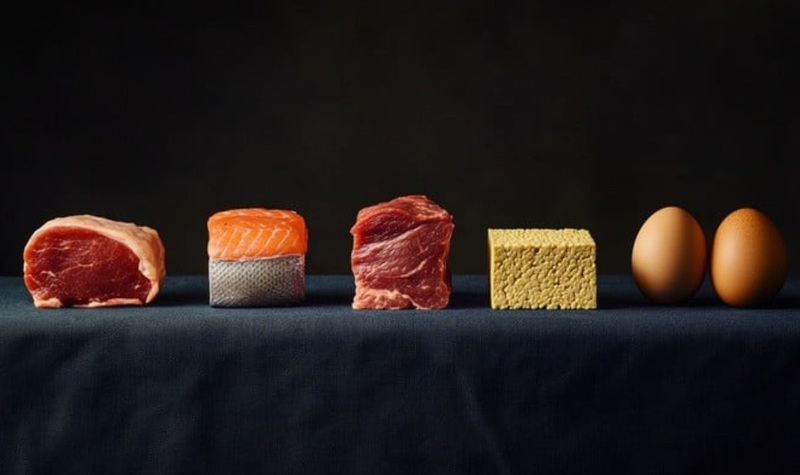
Recovering from surgery or illness can be a difficult and uncertain time, so it’s crucial to focus on what you can control. Your diet is a big factor here.
While medication and rest are key, what you eat can either accelerate or slow down your recovery. Knowing how to fuel your body properly can make a huge difference in how quickly and effectively you heal.
Follow your Doctor’s Advice First and Foremost
If you’ve had medical treatment or seen your GP, your doctor may have given you specific instructions or recommendations.
Always stick to their guidance first, especially if you’ve been prescribed medications that interact with food or require certain dietary restrictions. No matter how well-meaning, online advice can’t replace professional medical care.
Generally speaking, these are some of the diet fundamentals you should consider post-surgery or after an illness.
Protein: the Building Block for Recovery

Your body needs protein to repair tissues and build new cells. This is where lean meats, eggs, dairy products, legumes and nuts come in. The protein helps your muscles and tissues recover and gives you the strength to regain mobility and energy.
If you’re struggling to eat solid foods due to jaw pain or difficulty swallowing, consider puréed meals or smoothies that still pack a protein punch. You can blend a mix of yoghurt, protein powder and berries for a nutritious, easy-to-consume option.
Hydration: an Often-Overlooked Essential
Drinking enough water is vital during your recovery. Your body needs extra hydration to flush out toxins, prevent dehydration and keep your energy levels up.
A good rule of thumb is to drink at least 6 to 8 glasses of water a day, but you might need more depending on your situation. If needed, try herbal teas or water flavoured with a slice of lemon or cucumber.
Healthy Fats: Reducing Inflammation and Boosting Energy Levels

Not all fats are the same, but healthy fats are an important part of the recovery process. Foods like avocados, olive oil and oily fish can help reduce inflammation, support brain function and provide long-lasting energy.
These fats can also keep you feeling fuller for longer and are especially beneficial if your appetite is low or fluctuating.
Fruits and Vegetables: Vital Nutrients for Repair
An array of vitamins and minerals can help your body heal more effectively. Fruits and vegetables are a rich source of these, particularly vitamin C (found in oranges, strawberries and peppers), which is key for wound healing. Leafy greens, such as spinach or kale, provide iron, which helps support your immune system.
If you find it difficult to eat large portions, try adding fruit and vegetables to your smoothies or making soups that you can sip throughout the day. These foods can provide the nutrients your body needs without overwhelming your digestive system.
Watch for any Food Sensitivities or Restrictions
It’s important to listen to your body and adapt your diet as needed. For example, if you have an upset stomach from eating dairy or gluten, make sure to switch to alternatives. Focus on what makes you feel good, even as your diet starts to expand again.
